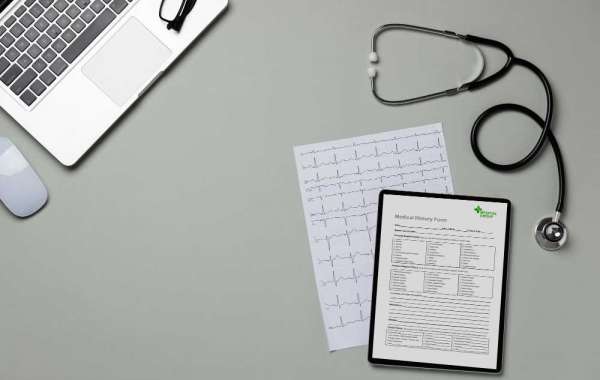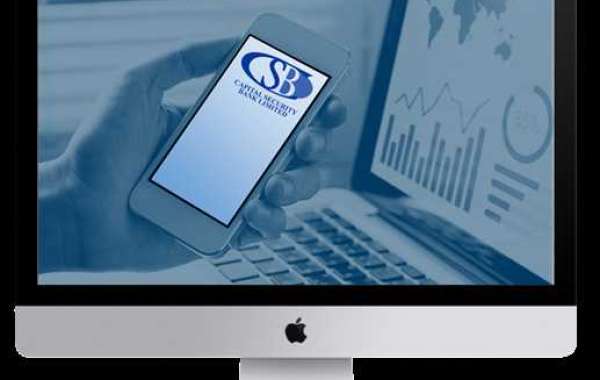In the dynamic landscape of event management, physical events continue to play a pivotal role in bringing people together, fostering connections, and creating memorable experiences. Whether you're organizing a conference, trade show, seminar, or any other physical event, success hinges on meticulous planning and execution. In this article, we'll explore the top 10 physical events management tips that can ensure your event is a resounding success.
- Define Clear Objectives:
Before diving into the logistics of event planning, it's essential to define clear objectives. What do you want to achieve with your event? Whether it's networking, education, or product promotion, having a well-defined purpose will guide your decision-making process throughout the planning stages.
- Comprehensive Budgeting:
Effective budgeting is the backbone of successful event management. Create a detailed budget that includes venue costs, catering, decorations, promotional materials, and any other expenses. Allocate funds wisely, leaving room for unexpected costs that may arise during the planning process.
- Select the Right Venue:
Choosing the right venue is crucial to the success of any physical event. Consider factors such as location, accessibility, capacity, and facilities. Ensure that the venue aligns with the theme and goals of your event. If possible, visit the venue in person to assess its suitability and make necessary arrangements for layout and decorations.
- Utilize Technology:
Incorporating technology into your physical event can enhance the overall experience for attendees. From event registration platforms to mobile apps for seamless communication, leverage technology to streamline processes and engage participants. Additionally, consider live streaming or virtual components for those unable to attend in person.
- Robust Event Marketing:
No matter how well you plan your physical event, its success depends on effective marketing. Utilize various channels, including social media, email marketing, and traditional advertising, to create buzz and attract your target audience. Highlight key speakers, sponsors, and unique aspects of your event to generate interest.
- Seamless Registration Process:
A smooth registration process sets the tone for a positive attendee experience. Utilize user-friendly registration platforms that allow participants to easily sign up and provide necessary information. Consider offering early bird discounts or exclusive perks to encourage early registration.
- Prioritize Health and Safety:
Given the ongoing global health concerns, prioritizing the health and safety of participants is paramount. Implement comprehensive safety measures, including sanitization stations, social distancing protocols, and clear communication of health guidelines. Work closely with medical professionals and authorities to ensure compliance with local regulations.
- Engaging Content and Activities:
The success of your physical event relies on engaging content and activities that capture the interest of attendees. Plan a diverse range of sessions, workshops, and entertainment options that cater to the preferences of your target audience. Interactive elements and audience participation can elevate the overall experience.
- Efficient Logistics Management:
From transportation and accommodation to on-site logistics, efficient management is key to a successful physical event. Coordinate with vendors, staff, and volunteers to ensure everything runs seamlessly. Develop contingency plans for any potential issues that may arise, such as technical difficulties or unexpected changes in the schedule.
- Post-Event Evaluation and Feedback:
Once the physical event concludes, the work is not over. Conduct a thorough post-event evaluation to assess the success of the event and identify areas for improvement. Collect feedback from attendees, sponsors, and speakers to gain valuable insights for future events. Use this information to refine your event management strategies and enhance the attendee experience.
Bonus Tip: Exploring Medical Transcription Platforms:
In the realm of event management, staying organized and managing documentation is crucial. This is where medical transcription platforms can play a significant role. These platforms, initially designed for healthcare professionals, offer accurate and efficient transcription services. However, their utility extends beyond the medical field, making them valuable tools for managing event-related documentation.
Medical transcription platforms utilize advanced technology, including speech recognition and natural language processing, to convert spoken words into written text. This can be particularly beneficial for event organizers dealing with a myriad of audio recordings, interviews, and discussions. By automating the transcription process, these platforms save time and resources, allowing event managers to focus on other critical aspects of their responsibilities.
Moreover, the accuracy of medical transcription platforms ensures that important details and insights captured during the event are preserved with precision. This can be invaluable for creating post-event reports, content for marketing purposes, and documentation for future reference.
In conclusion, successful physical events demand meticulous planning, attention to detail, and adaptability. By following the top 10 event management tips outlined above, organizers can navigate the complexities of planning and executing a memorable and impactful event. Additionally, incorporating technology, such as medical transcription platforms, can further streamline the documentation process, contributing to the overall success of the event.










